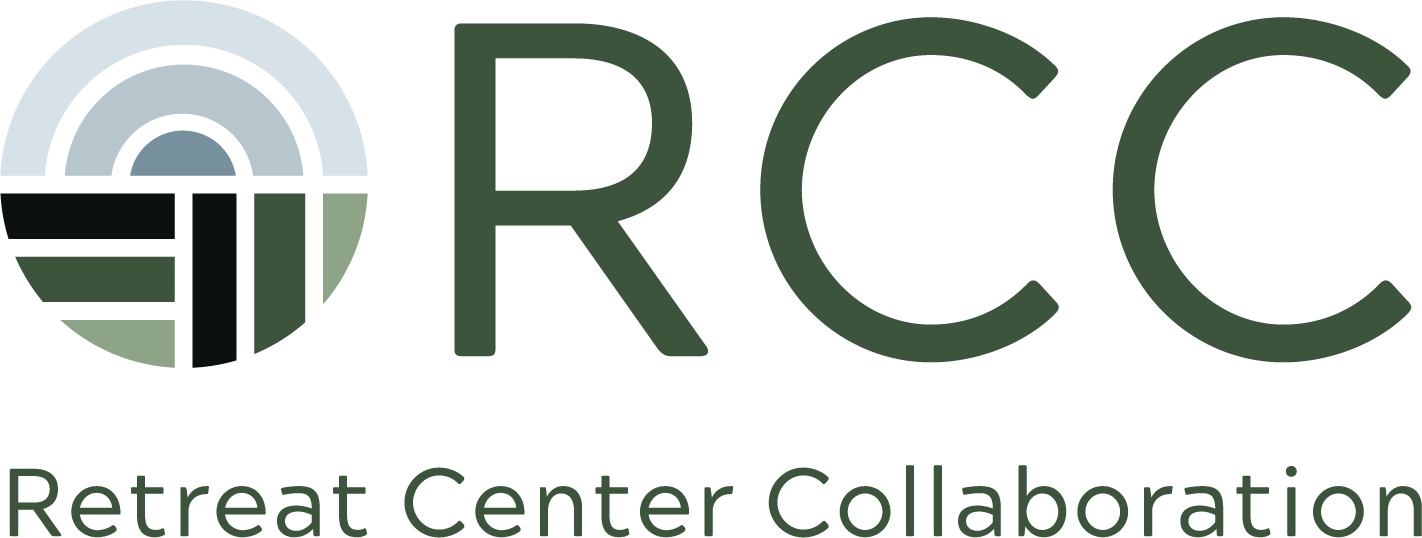An Emerging Ecosystem
On April 14 the Retreat Center Collaboration joined up with the Holistic Centers Network and Advaya to share a joint webinar. We learned more about each other, the values that guide our organizations and programming, and the different ways we approach collaboration in our networks and communities.
Click the picture above to watch the video.
“This is a little networking dream of mine, to see folks from retreat centers, who are very passionate about retreat, folks from holistic centers who are passionate about bringing together people for healing and for holistic work, and then folks who are changemakers, who are maybe not at an organization that has land and bringing people together at a specific space, but that are passionate about the same values that are shared across all these other networks.”
“Part of the origin story of Advaya is trying to bridge the inner and the outer. Rather than it being start with the self, you know, heal the self and then heal the world. But you know, how can we do these two in tandem? Because we don’t really have time to just focus on the self at this point.”
“As places where folks who come to do the inner work of human development or human potential, or spiritual growth, how do we enable them to go out into the world and do that external work?”
“When I think about collaboration, I also think of this way of emergence, right? It’s a new way—it’s not my way; it’s not your way. It’s this way of being that intersects all of that and creates this new energy in letting go.
Collaboration is messy. And it is the way of moving forward.”
“One of the guiding principles of Advaya’s values has been around systemic change. And trying to think about, what is change? Within certain systems, we make changes on the surface that don’t reach the root. They’re just a continuation of the same patterns, but with a different face. They don’t really get to the root or the heart of the problem. A real world example: it’s like the decarbonization of the economy that is still tied to the same corporate, globalized systems that create injustice and oppression in other parts of the world. Just because it’s decarbonized doesn’t mean that it’s actually changed. It’s still creating injustice, and it’s still creating suffering. ”
“At Advaya, one of our key values is about cultivating faith, in a way, that change is possible. That healing is possible. That what we’re faced with is more of a crisis of culture than it is a crisis of the individual or a crisis of the environment. And I think when we place all the focus on the environment, or the focus on the individual, we kind of limit our understandings of what’s possible, because suddenly you’re faced with you against the planet, or you against yourself. It’s quite terrifying. Rather than saying, okay, culture has been created by humans, it can be changed by humans, and it’s always being changed and reinforced and grown from humans.
Through increasing our consciousness or awareness, through exploring different ways of being and different ways to step into the world, you can start to go on these entwined journeys of your own self healing and the healing of the community and the local ecosystems around you.”
“I’m a philosophy professor, and a way of integrating a lot of these ideas is by playing games with people and it’s really fun. We reflect on the game and then invite the group to come up with ideas that could make the game more collaborative. We’re all generating games together, everybody’s laughing and being silly and having lots of radical joy. But they’re also envisioning another world. Then reflecting on how can we take these principles of how to transform the games that we were just playing and look at the games that we’re all playing in our worlds, and in our cities, and our economies and our schools, and our relationships. How can we apply these principles to change the games that we’re all playing by seeing life as a game, which is malleable, but also fun.”
“I was thinking how heart-collaboration is so inviting.
I’ve been doing a lot of Healing Circles work and training with health care providers over the last couple of months. There’s that heart-sharing round that we do in the Healing Circles, and so often collaborating is more head-sharing than heart-sharing. And so that was a lovely image juxtaposition that I’m hoping to keep working on.”
“To answer the question of how do we become inviting as predominantly white spaces: go play in other people’s sandboxes. And when you play in there, play with humility and curiosity, especially. Versus [how] dominant culture teaches us as leaders, to have an answer, to be perfect, to come with solutions.
The beauty of collaboration is that we don’t come with answers. And we have to come together and discover the answers together. So it’s a very collective process.
For me, what’s been great about the pandemic is being able to go into other people’s sandboxes. The access of meeting new folks and coming with humility and curiosity to really just listen to what’s out there.”


